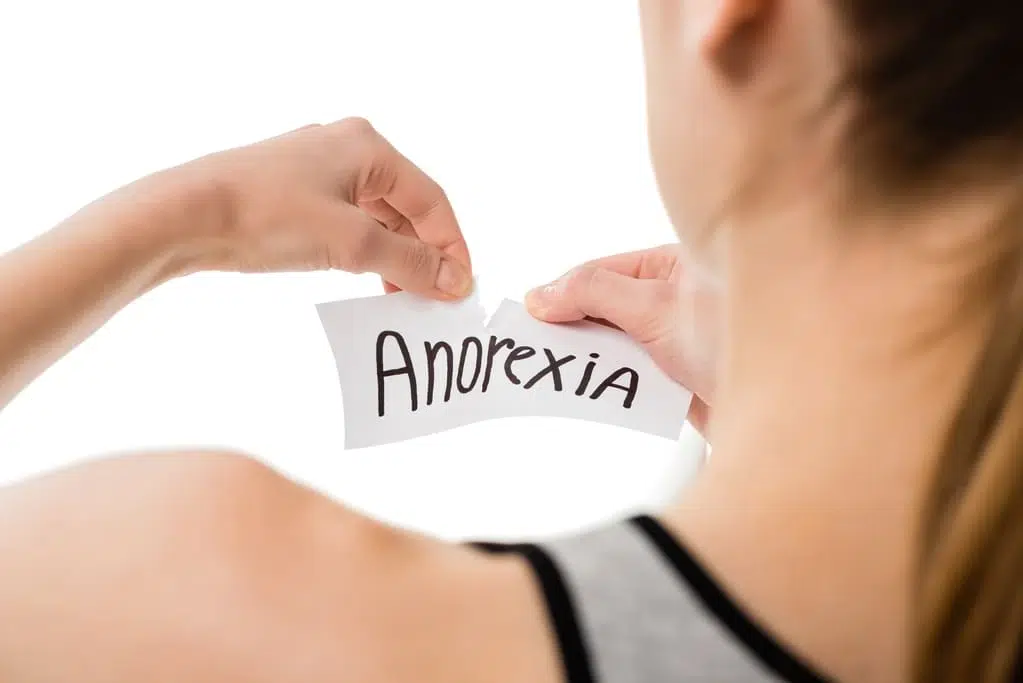- admin@oceatingdisorders.com
- 27281 Las Ramblas Suite 200, Mission Viejo, CA 92691
What sets our clinicians apart is their commitment to providing the highest quality of care. Our eating disorder therapist and dietitians are passionate about helping individuals achieve and maintain eating disorder recovery. They stay current on the latest research and advancements in eating disorder treatment and are dedicated to providing the most effective and innovative approaches to care. Our eating disorder therapists and dietitians also recognize the importance of a supportive and empowering therapy environment and work to create a safe and non-judgmental space for individuals to explore their thoughts and feelings. At Orange County Eating Disorder Therapist Group, we believe everyone deserves access to quality care and support. Our Eating Disorder Specialist are dedicated to providing evidence-based and individualized treatment that empowers individuals to overcome their eating disorders and achieve lasting recovery. With their expertise and compassionate approach, our clinicians are able to provide clients with effective and personalized eating therapist help.


At Orange County Eating Disorder Therapist Group, the intake assessment is the first step in our therapy process. This initial evaluation is an essential opportunity for us to get to know you and understand your unique needs and challenges related to your eating disorder. During this session, our experienced eating disorder therapist will ask you about your history, current symptoms, and other biopsychosocial factors that may be influencing your present struggles.

At Orange County Eating Disorder Therapist Group, we understand that eating disorders often occur alongside other mental health conditions, such as depression, anxiety, and substance abuse. This is known as a co-morbid diagnosis. Our team of experienced eating disorder therapists is trained to address these complex and interconnected issues, and we work closely with each client to develop a comprehensive treatment plan.

At Orange County Eating Disorder Therapist Group, in-session therapy is In 1:1 sessions, we work collaboratively with our clients to better understand the development of the eating disorder and provide adaptive tools to mitigate use of disordered eating behaviors. Our experienced eating disorder therapists utilize a personalized, empowering approach to help individuals overcome their disordered eating and develop a positive sense of self.

The goal of family involvement is to involve the participation of multiple family members. The aim is to address any interpersonal dynamics & communication patterns that may be contributing to the individual’s presenting issue. The therapist may conduct individual and group sessions with family members, encouraging open and honest communication and problem-solving.
Eating disorder therapists aim to provide individualized and comprehensive eating disorder treatment. The focus is on promoting eating disorder recovery by addressing the disorder’s physical and psychological aspects. The therapy process may involve a variety of evidence-based approaches, including Cognitive Behavioral Therapy (CBT), Dialectical Behavior Therapy (DBT), and Family-Based Treatment (FBT). The therapist works closely with the individual to set specific, achievable goals and develop a personalized treatment plan. Throughout the therapy process, the therapist provides support, education, and guidance to help the individual develop healthy coping strategies, improve their relationship with food, and build a strong sense of self. The ultimate goal is to empower the individual to maintain their eating disorder recovery and live fulfilling lives.


Eating disorder recovery is a journey that requires support and guidance to be successful. We provide a safe and non-judgmental environment to help the individual build their resilience and confidence. While there may be challenges during the process, recovery is achievable and can be sustained with treatment. Our eating disorder DIETICIANS and therapists work closesly with the individual using evidenced-based techniques focused on the individual’s strengths.

Studies have shown that certain genetic factors may increase the risk of developing an eating disorder. These may include a family history of an eating disorder or abnormalities in certain brain chemicals that regulate hunger, mood, and emotions.

Social and cultural messages that value thinness, idealize body shape, and equate attractiveness with weight, are known to contribute to the development of eating disorders. Pressure to conform to these ideals can lead individuals to engage in disordered eating behaviors.

Negative experiences with peers and family members can play a role in the development of eating disorders. These may include bullying, trauma, neglect, or abuse. Family conflicts, difficulties in romantic relationships and poor social support can also contribute.

Individuals with eating disorders often have underlying psychological issues such as depression, anxiety, low self-esteem, or perfectionism. These underlying psychological issues may contribute to the development of disordered eating behaviors.

Being bullied or teased for one’s weight or size is a major contributor to the development of eating disorders, particularly among children and teenagers. The emotional pain caused by teasing and bullying can lead to negative self-image, low self-esteem and disordered eating patterns.

Traumatic life events such as the loss of a loved one, abuse or other forms of trauma, can trigger eating disorders. These events can lead to feelings of emotional distress, loss of control, and a desire to regain control through disordered eating behaviors.

Eating disorders are a group of mental health conditions characterized by abnormal and disordered patterns of eating behavior. They are often associated with distorted body image, negative self-esteem, and a range of psychological and emotional issues. There are several types of eating disorders, including

Our team of experienced eating disorder therapists uses evidence-based treatment methods to help individuals struggling with anorexia develop a positive relationship with food/body, reduce preoccupation with weight, and address underlying emotional issues that may have contributed to the development of their disorder.

Our team of specialists offers evidence-based therapy, nutrition support and solution-focused techniques to help clients overcome the cycle of bingeing and purging. We are the best option for anyone suffering from Bulimia, as We offer supportive treatment for those suffering from bulimia.

At our practice, we understand the challenges that come with binge eating disorder and we are dedicated to providing the support and guidance needed for successful recovery. Our team of experienced eating disorder SPECIALISTS, which includes therapists and dieticians, uses a combination of evidence-based therapies to reduce and/or eliminate binge eating behaviors, improve body acceptance, and treat the underlying causes of the disorder.

OSFED (Other Specified Feeding or Eating Disorder), a condition as impactful as it is misunderstood. Our mission is to provide understanding, support, and resources to those navigating this challenging path. Join us in fostering a community where healing begins with awareness and compassion.
Subscribe to our newsletter for the latest offers.
Copyright © 2024 ORANGE COUNTY All Rights Reserved